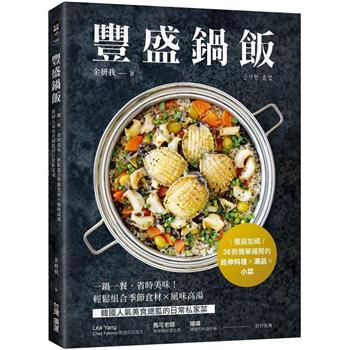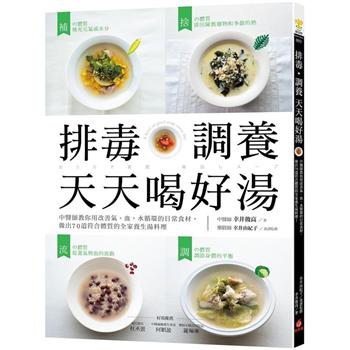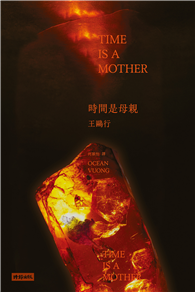Dr. Anita Mann, Principal Scientist in Plant Physiology at ICAR-CSSRI, Karnal at ICAR-CSSRI, Karnal, specializes in molecular plant physiology with a focus on enhancing abiotic stress tolerance in crop plants. She is currently leading a genome-editing project on wheat, rice, and mustard for improved salt tolerance using the CRISPR/Cas9 system, funded by the Indian Council of Agricultural Research (ICAR), New Delhi, with a grant of approximately ₹7 crores. Her research emphasizes the physiological, biochemical, and molecular characterization of salt-specific traits and the identification and transformation of salt-tolerance genes in crops like rice. She has contributed significantly to the study of salt tolerance in chickpea, pomegranate, okra, and tomato through integrated physiological, biochemical, molecular, and breeding approaches. She has been awarded research fellowships from CSIR and the Department of Science and Technology, New Delhi. With over 80 publications in peer-reviewed journals, book chapters, and conference proceedings, Dr. Mann serves on the editorial and review boards of reputed national and international journals.
Dr. Naresh Kumar, Assistant Professor in the Department of Chemistry and Biochemistry at Eternal University, Himachal Pradesh, specializes in plant stress physiology, antioxidative metabolism, and salinity tolerance in crops. He holds a Ph.D. in Biochemistry from CCS Haryana Agricultural University and has made significant contributions to understanding plant adaptation to abiotic stress through biochemical and molecular pathways. Dr. Kumar has published over 30 research articles in high-impact journals, focusing on stress tolerance, gene expression, and antioxidant responses in various plant species. He has also authored 14 book chapters and 6 popular articles in the field of plant biology and stress physiology. His research portfolio includes key projects on enhancing nutrient use efficiency and identifying salt-tolerant genes in grasses. He serves as the Convenor of the Institution’s Innovation Council at Eternal University, where he leads research and innovation initiatives. He is a dedicated reviewer for reputed journals and has expertise in molecular biology, bioinformatics, and statistical analysis.
Dr. Ashwani Kumar is a Senior Scientist (Plant Physiology) at ICAR-CSSRI, Karnal, where he focuses on crop improvement for salt-affected regions through institutional and externally funded research projects. His research includes the study of nano-fertilizers to enhance crop growth and nutrient use efficiency, as well as genome editing of wheat for improved salt tolerance. He has made significant contributions to understanding the physiological and biochemical mechanisms of different crop plants in varying environments of salinity or drought. His collaborative work spans inter-divisional and inter-institutional research programs, with funding exceeding ₹3 crores from various agencies. With over 50 peer-reviewed research papers, 15 book chapters, and numerous popular articles, technical bulletins, and training manuals to his credit, Dr. Kumar has an extensive publication record. Additionally, he brings over a decade of teaching experience, mentoring students and researchers in plant physiology and crop science.
Dr. Priyanka Chandra, Senior Scientist (Soil Microbiology) at ICAR-CSSRI, is actively engaged in research on microbial diversity and dynamics in salt-affected soils. Her work focuses on screening and isolating salt-tolerant microbes and evaluating the impact of mycorrhiza on plant performance under saline conditions. Through physiological, biochemical, and molecular markers, she assesses the plant growth-promoting properties of these microbes. Dr. Chandra has extensively studied plant growth-promoting rhizobacteria (PGPR), particularly their effects on sugarcane growth, and has purified bioactive metabolites from fungal sources. Her research has resulted in over 50 publications, along with technical bulletins and presentations at national and international conferences. Currently, she is also investigating microbial composition and soil processes under conservation agriculture practices in reclaimed salt-affected soils, contributing to sustainable agricultural solutions in challenging environments.
Dr. Satish Kumar Sanwal, Principal Scientist (Plant Breeding) and Head of the Division of Crop Improvement at ICAR-CSSRI, specializes in the development of salt-tolerant crop varieties for saline and sodic soils. His work focuses on both traditional and advanced breeding techniques, utilizing molecular markers of marker-assisted selection (MAS). He is developing salt-tolerant lines of chickpea, lentil, quinoa, and linseed, employing breeding, molecular, and genome-wide association studies (GWAS) to identify and map novel genes and QTLs for salt tolerance. He has developed two okra varieties, two garden pea varieties, two lentil varieties, and one variety each of tomato and a tuber crop. Additionally, he has registered three pea genetic stocks, including multiple disease-resistant and triple-podded lines. With over 100 publications, including research papers, book chapters, technical bulletins, and training manuals, he is also a dedicated mentor, guiding Ph.D. students in plant breeding. He is also a Fellow of the Indian Society of Vegetable Science.
Dr. Parvender Sheoran, Director of ICAR-Agricultural Technology Application Research Institute (ATARI), Zone-I, Ludhiana brings over 20 years of expertise in the National Agricultural Research System. A recipient of numerous accolades, he was awarded the ICAR Swami Sahajanand Saraswati Outstanding Extension Scientist Award (2021), Dr. P.S. Deshmukh Young Agronomist Award (2015), CSSRI Best Scientist Award (2017-18), and the Australian Award Fellowship (2017). He is also a Fellow of the Indian Society of Oilseeds Research and the Indian Society of Weed Science. He has developed seven improved varieties and hybrids of oilseed crops at the national and state levels, alongside formulating ten agronomic recommendations tailored for Punjab and Haryana. The evidence based technological outputs from his research are quite helpful in demonstrating ecosystem-based approaches viewing optimal resource use, improved ecological resilience with socio-economic development of distressed farming community and developing impact-oriented technological modules. With over 100 publications in national and international journals, Dr. Sheoran’s contributions extend to book chapters, technical bulletins, training manuals, and numerous invited lectures.












